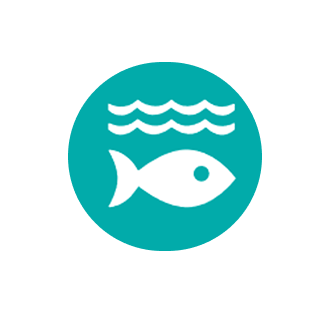Zero Anchors: Putting sensitive Galapagos Marine Reserve seafloor habitats in tourism sites on the path to recovery
NATURAL CAPITAL SOLUTIONS








The anchoring of vessels is a major cause of seabed damage in the Galápagos Marine Reserve (GMR), harming fragile reefs, soft-bottom habitats, and the species that depend on them. The Zero Anchor program will develop and implement a socially and environmentally responsible fixed mooring and floating buoy pilot system that seeks to minimize seabed deterioration from anchors, especially tourist vessels operating in the GMR. This pilot is being implemented to support the conservation and restoration of critical marine habitats. The scope will include the establishment of institutional agreements, site prioritization across key tourist sites, sustainable financing and maintenance plans.
The programs’ goal is to eliminate destructive anchoring practices by creating a sustainable, fixed mooring system in the Galápagos Marine Reserve that protects marine ecosystems, supports ecological recovery, and strengthens the long-term sustainability of tourism in the Galápagos.
Conservation International (CI) was established in 1987, began operating in Ecuador in 2002, and established its Galápagos office in 2004. CI’s mission is: “Building upon a strong foundation of science, partnership, and field demonstration, Conservation International empowers societies to responsibly and sustainably care for nature, our global biodiversity, and the well-being of humanity.” CI works with the fishing and agriculture sectors that interact directly with natural resources, the local communities that buy and sell products, and the public institutions that formulate policies to secure nature's critical benefits to humanity.